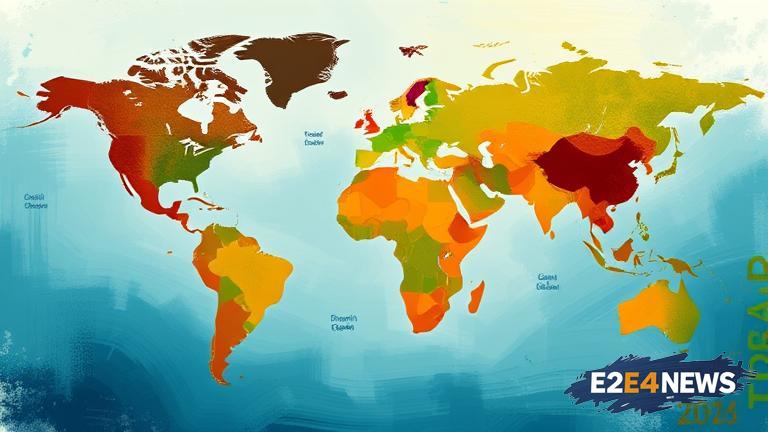Ghana’s digital trade hub agenda is a strategic initiative aimed at positioning the country as a leading player in the global digital economy. The agenda is built on the premise that digital trade has the potential to drive economic growth, create jobs, and improve living standards. To achieve this vision, Ghana is seeking to establish partnerships with international organizations, countries, and private sector entities. These partnerships will enable the country to leverage expertise, technology, and investment to develop its digital infrastructure and ecosystem. The digital trade hub agenda is aligned with the government’s broader economic development strategy, which emphasizes the need to diversify the economy and promote export-led growth. Ghana’s strategic location in West Africa, its political stability, and its relatively well-developed infrastructure make it an attractive location for international businesses and investors. The country is also home to a growing number of tech startups and entrepreneurs, who are driving innovation and entrepreneurship in the digital sector. To support the growth of these startups, the government is establishing a network of digital innovation hubs and incubators, which will provide access to funding, mentorship, and other resources. The digital trade hub agenda is also focused on developing the country’s digital skills and workforce, through initiatives such as training programs, workshops, and conferences. This will enable Ghanaians to acquire the skills and knowledge needed to compete in the global digital economy. Furthermore, the agenda is prioritizing the development of digital infrastructure, including high-speed internet, data centers, and cloud computing services. This infrastructure will enable businesses and individuals to access digital services and platforms, and to participate in the global digital economy. The government is also working to create a favorable business environment, through initiatives such as tax incentives, regulatory reforms, and investment promotion. These efforts are aimed at attracting foreign investment, promoting entrepreneurship, and supporting the growth of small and medium-sized enterprises (SMEs). In addition, the digital trade hub agenda is focused on promoting digital trade and e-commerce, through initiatives such as online marketplaces, digital payment systems, and logistics and transportation services. This will enable Ghanaian businesses to reach new markets, both domestically and internationally, and to participate in the global digital economy. The agenda is also prioritizing the development of digital financial services, including mobile money, online banking, and digital payments. This will enable individuals and businesses to access financial services, and to participate in the formal economy. Overall, Ghana’s digital trade hub agenda has the potential to drive economic growth, create jobs, and improve living standards. The agenda is aligned with the government’s broader economic development strategy, and is supported by a range of initiatives and partnerships. As the country continues to implement this agenda, it is likely to become a leading player in the global digital economy, and to achieve its vision of becoming a digital trade hub.
